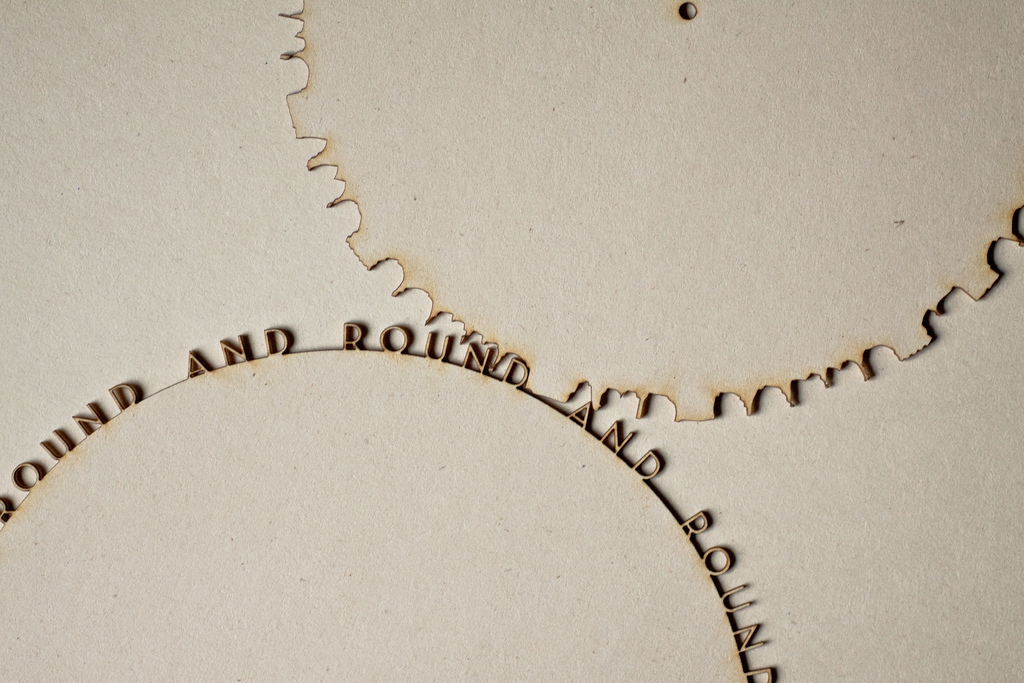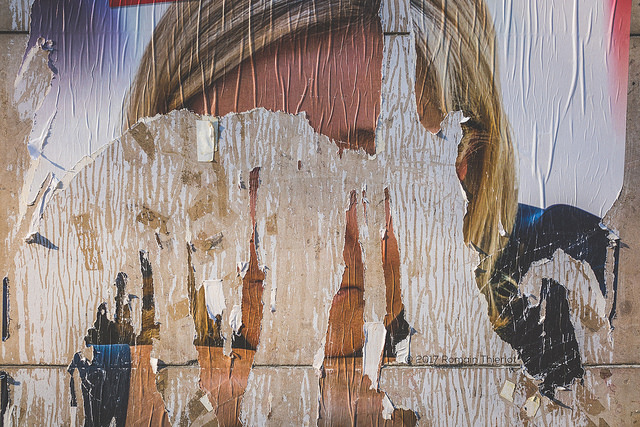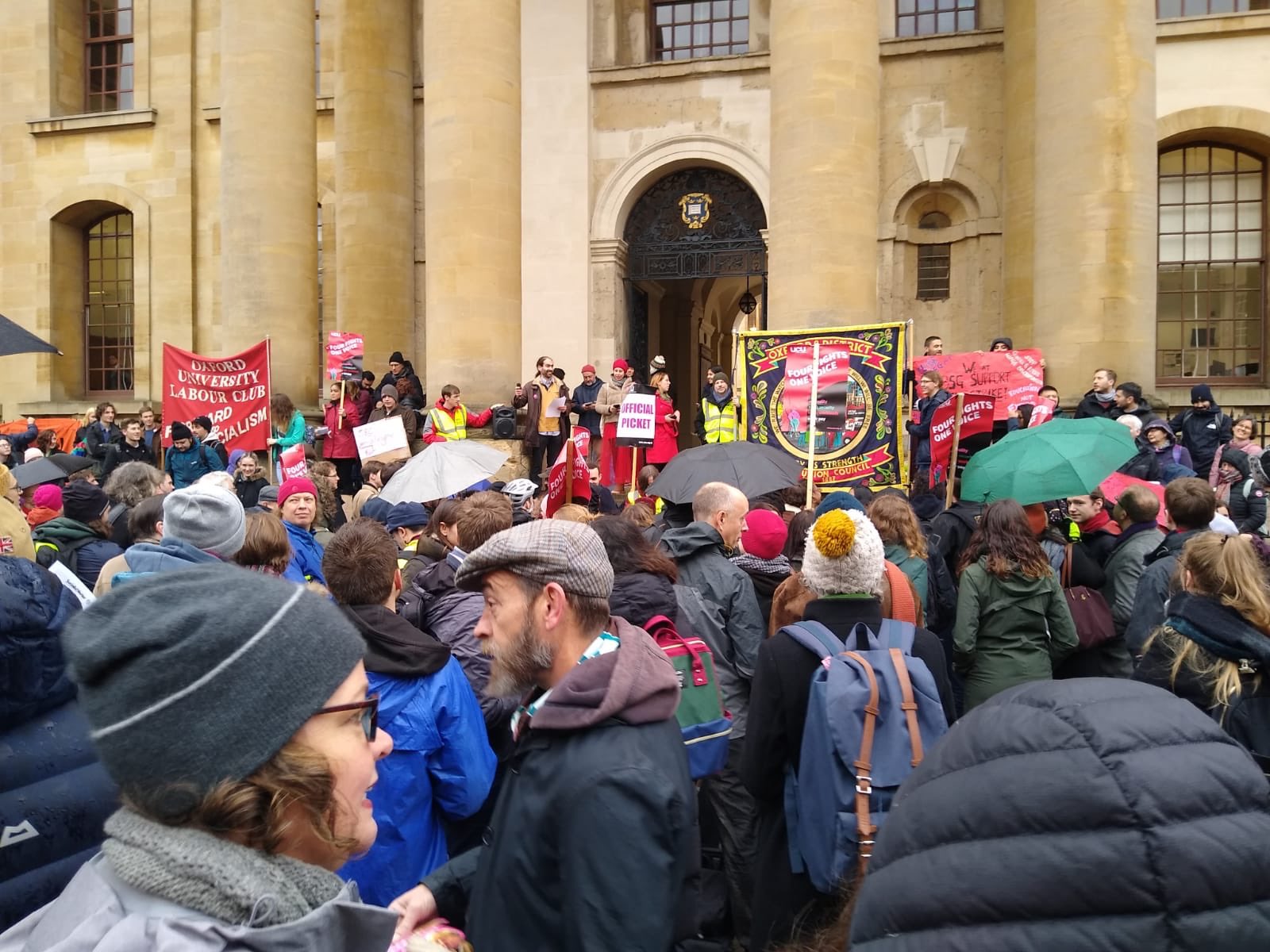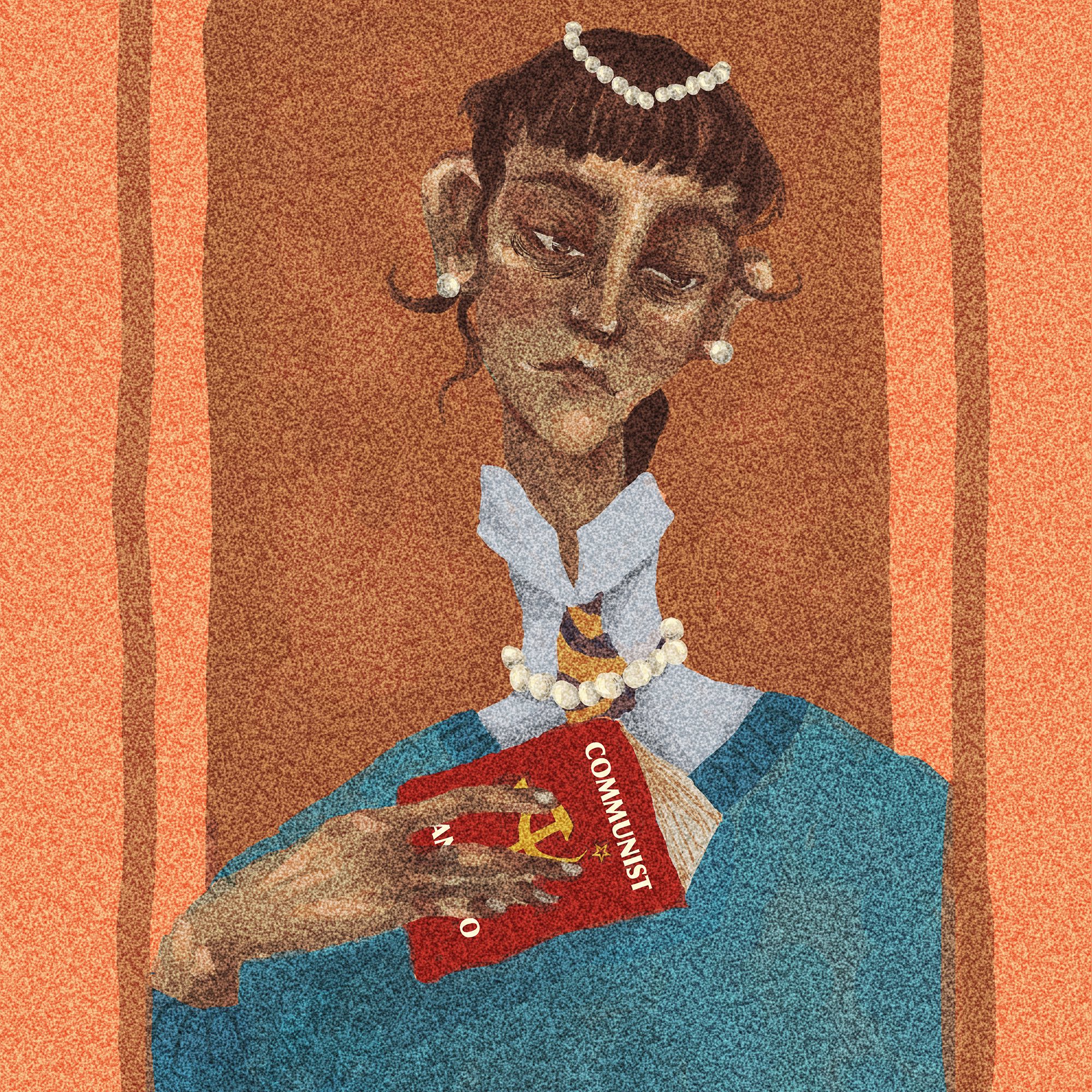
Human wrongs in Geneva
I descend from the tram forty minutes from the city centre, peering through the dark in search of a group of people I have been told will be gathering here this evening. A little further down the empty road looms a large concrete apartment block cutting into the skyline, in front of which two young Eritrean men stand talking. I ask them if I have the right place. “No,” one of them replies with a laugh, and points downwards, “it’s underneath this.”
I am looking for the bunker des Coudriers. At first sight you would mistake it for a subterranean parking lot, or more likely not see it at all behind the thick bushes covering its entrance several metres below the main road. Security guards stand defensively at the entrance, ensuring that any member of the public coming too close is moved swiftly on. This bunker is one of the numerous underground nuclear shelters now being used to house Geneva’s asylum seekers, out of sight and public knowledge.
Caught in limbo between hope for permanent residence and fear of deportation, the past few years have seen hundreds of men, from Syria, Eritrea, Afghanistan and elsewhere, forced to live in these overcrowded and unsanitary conditions beneath a city commonly known as the human rights capital of the world. In each bunker, up to sixty men are assigned to a room, sleeping in beds stacked three-high and lined up together with no partitioning. There are five toilets. The men living here tell of the impossibility of telling the time when inside, or of sleeping due to the continuous coming and going of people throughout the night, the lights turning on and off each time. One man describes the sleep deprivation as a form of torture.
Those living in the bunkers are openly critical of the authorities’ strategy to house them underground, and have formed a collective which meets each week to protest, to share their experiences with those interested in their cause, or simply to regain humanity for a few hours. The first thing people mention is the air. “It’s not ‘normal’ air,” writes one man in an anonymous testimony. “It’s not fresh air. Down there, we find ourselves breathing a type of—how can you describe it?—‘recycled’ air, contaminated air, because there’s no ventilation. One day, I discovered that the air is brought in by a machine from the garden behind the parking area and that the entrance of the pipe bringing the air inside is right next to the area where dogs shit. I can’t find the adequate words to describe what this is like.”
“I would never have imagined that, one day in my life, I would be treated like this, in a country like this one, as an asylum seeker,” he recounts. “What does ‘asylum’ mean? Seeking protection, seeking an honest, democratic, and free life. In my country, I lived with my family in my hometown, with my own friends, my own social network. It’s incomparable with the situation here, where I can’t find a family like my family, and I can’t find a home anything like my home. I don’t want to think about it. I ended up inside a bunker, as though somebody had pushed me in. I had no choice. Inside, I tried hard to retain my sanity, but I couldn’t until I got out. Even now, I am not completely myself. I still have the same problems about security, dignity, many problems which aren’t mine alone but which belong to every human being in this world.”
The trauma lived through is not just psychological but also physical. Two meals a day are provided in the bunkers, made up of food that has been frozen for long periods of time. “It’s for dogs”, Gzam, a thirty-year old from Tunisia, tells me. “You can’t eat it, it blocks your intestines. But we just have to take what they bring us.” Despite a letter from the doctor assigned to the inhabitants of the bunkers testifying that the food was not good enough for eating, nothing has changed. Asylum seekers housed in above-ground foyers are given a weekly stipend for food and living, but those in the bunkers receive nothing.
Gzam arrived in Switzerland in 2012, and was moved to the bunker three months ago. He describes to me the long, artificially-lit corridors of the bunkers, and the desperate attempt to find a bed next to the air pipe at night, even if the noise from it keeps you awake. “It’s not a life there,” he says, “It’s only the dead that are supposed to live underground, it’s for graves. Not living people. After three or four months people begin to go crazy.” He speaks too of the chronic uncertainty of life as an asylum seeker, of not knowing when the decision on his future will be made.
The collective strongly derides the deference to the Dublin agreement when making these decisions, a regulation acceded to by Switzerland in 2008 and under which an asylum seeker may only apply for asylum in the country in which he or she first arrives. This has led to the overwhelming of countries such as Italy and Greece where migrants coming by sea tend to land, and the regulation has been criticised for this reason by both the UNHCR and the European Council on Refugees and Exiles. The decision of the Swiss authorities to invest all their resources in the implementation of this agreement has given them the power to deport asylum seekers back to these other European countries in a mechanical manner, without regard for their age, state of health or country of origin. The asylum demands of those from Syria, Eritrea and Afghanistan have in recent years tended to be suspended for indeterminate time periods, meaning people seeking refuge and protection are made to live in extremely precarious situations for months or even years at a time.
“It’s shameful,” Gzam comments, with anger. “Everyone thinks of Switzerland as a rich country where the people have everything. But they don’t give it to anyone else. They don’t do anything to help.”
The sense of injustice and frustration is tangible when speaking with those who have experienced the liminal existence here, guilty of seeking dignity and better life conditions within a dysfunctional system. Gzam articulates the hopelessness felt by so many in his situation. “We are not criminals, we are not animals, we are just normal people. So why send us beneath ground? Like everyone, we have rights. To survive and to go forwards, you need force, you need courage. If you don’t have that, what will happen is simple … ‘ciao’.”
Image by Mario Klingemann







